Update time:2025-03-02Visits:4555


“Enabling Earlier Detection and Better Outcomes for Gastrointestinal Cancer!”
The team led by Professor Fang Jingyuan from the Department of Gastroenterology at Renji Hospital, affiliated with Shanghai Jiao Tong University School of Medicine, has been pioneering a chain of exploration in the early warning, prevention, and treatment of gastrointestinal cancer. Through both inheritance and innovation, they are continually expanding the frontiers of gastroenterology.
Internationally, the team was the first to discover that elevated levels of Streptococcus constellatus or Streptococcus anginosus in fecal samples may indicate a high-risk population for gastric cancer. Their patented technology has been successfully transferred, and a fecal microbiota-based early warning kit for gastric cancer is currently under development.
Additionally, the team has demonstrated for the first time that gut microbiota can be used to evaluate the efficacy and prognosis of colorectal cancer treatment, proposing new diagnostic strategies and methods. They have also innovatively suggested that traditional drugs such as folic acid, berberine, and statins could provide new strategies and tools for the prevention of gastrointestinal cancer.
Recently, Fang Jingyuan’s team was selected for the Shanghai Oriental Talents Program, a recognition and commendation from the Shanghai Municipal Government for their long-term contributions to the early diagnosis and prevention of gastrointestinal cancer and its precancerous diseases, particularly their achievements over the past decade in the field of microbiome’s influence on gastrointestinal cancer prevention and treatment.
Professor Fang Jingyuan humbly stated, “I only wish to leave a mark in the long river of history, benefiting more patients with gastrointestinal diseases.”


After more than three decades as a gastroenterologist, Fang Jingyuan still steadfastly attends outpatient clinics twice a week. The questions he is most frequently asked are: “Can gastritis develop into gastric cancer?” and “What is the simplest way to prevent colorectal cancer?”
Gastric cancer is one of the malignancies with high global incidence and mortality rates, and its precancerous condition is primarily chronic atrophic gastritis. Meanwhile, the incidence of colorectal cancer in Shanghai has been rising at an annual rate of 4.2%, making it the second most common cancer. However, the early diagnosis rate remains below 10%, with colorectal cancer mainly originating from adenomas.
“The gut microbiota is a treasure trove. Beyond genetic factors, the development of gastric and colorectal cancers is significantly influenced by the gastrointestinal microecology, which is shaped by microorganisms and their metabolites,” Fang Jingyuan explained. His team pioneered research on the correlation between gut microbiota and cancer in China, and their continuous efforts have opened up new frontiers in the prevention and screening of gastrointestinal tumors.
Early screening for gastric cancer has long been a challenge, and the technical and economic costs of endoscopy make it unsuitable for large-scale screening. Addressing this clinical pain point, Professor Fang Jingyuan and his research team were the first to discover two bacteria with high concentrations in the gut microbiota of gastric cancer patients—Streptococcus anginosus and Streptococcus constellatus—in both fecal samples and cancerous tissues. These bacteria may serve as non-invasive biomarkers for early warning and screening of gastric cancer and its precancerous lesions.
A fecal microbiota-based early warning kit for gastric cancer is currently under development, holding potential clinical value. It could help high-risk populations detect gastric cancer early, bringing hope to more patients. Fang Jingyuan excitedly shared that the Streptococcus constellatus detection technology has been granted a national invention patent and completed its transfer in 2023.
When will colorectal cancer “knock on the door”? Fang Jingyuan’s team has peeled back the layers of this mystery like bamboo shoots. They found that low dietary fiber leads to low fecal butyrate levels, indicating a high risk of progressive adenoma, thus proving for the first time that low dietary fiber is a high-risk factor for colorectal tumor development in the Chinese population. Through multicenter studies, the team also demonstrated that the abundance of Clostridium symbiosum in fecal samples is significantly higher in the early stages of colorectal adenoma compared to the control group.
“We believe that combining carcinoembryonic antigen (CEA) testing with fecal occult blood tests and Clostridium symbiosum abundance analysis can provide better early warning for colorectal tumors. This is also a feasible approach, enabling grassroots medical institutions to screen for special changes in gut microbiota and help people detect colorectal adenomas early,” Fang Jingyuan explained.

What is even more remarkable is that familiar drug names—such as folic acid, berberine, statins, and metronidazole—have been repeatedly revitalized and given new life by Fang Jingyuan’s team. They have innovatively proposed new perspectives on using traditional drugs to treat precancerous gastrointestinal conditions and block cancer progression, offering novel strategies and tools for the primary (causal) prevention of gastrointestinal cancers.
“Traditional drugs are affordable, safe, and, more importantly, have the potential for widespread use in grassroots hospitals, making them accessible to more people,” Fang Jingyuan explained. As part of the “national team” in gastroenterology, he always feels a sense of mission. “I don’t dwell on fame or profit; I only care about improving patients’ health.”
“In 1993, I was fortunate to become a doctoral student under Academician Jiang Shaoji, the first academician of the Chinese Academy of Engineering in gastroenterology. Folic acid and beta-carotene were both considered substances with protective effects on digestive health. We conducted experiments using folic acid, beta-carotene, and other substances, hoping to find effective methods for preventing gastrointestinal tumors,” Fang Jingyuan recalled. For him, this was one of the most significant milestones in his life.
“If surgeons and oncologists help patients bid farewell to tumors, then the most important responsibility of gastroenterologists is to keep more people away from cancer. Through scientific innovation, we aim to provide early diagnosis and treatment options for more patients, thereby reducing the incidence and mortality of cancer,” he added.
Under the breakthroughs of Fang Jingyuan’s team, the strategies for the primary prevention of gastrointestinal cancers have become increasingly diverse and tailored to individual needs. Guided by his predecessors, the team first demonstrated that folic acid, under the premise of eradicating Helicobacter pylori, could treat atrophic gastritis and partially block its progression. This achievement was included in China’s Guidelines for the Diagnosis and Treatment of Chronic Gastritis and has been widely applied in grassroots hospitals across the country, earning the 2008 National Science and Technology Progress Award.
Later, the team became the first in the world to confirm through clinical intervention trials that folic acid could reduce the initial occurrence of adenomas. This breakthrough was incorporated into domestic consensus guidelines as a significant advancement in the primary prevention of colorectal cancer.
The team also pioneered the use of berberine (also known as huanglian) to reduce the recurrence of adenomas after removal, thereby preventing colorectal cancer. In a study involving patients who had adenomas removed via colonoscopy, the team found that berberine hydrochloride could reduce the adenoma recurrence rate by 22.3%, particularly showing better efficacy in preventing high-risk progressive adenomas. This finding was included in the 2021 Chinese Consensus on Comprehensive Prevention and Treatment of Colorectal Cancer.
Additionally, the team discovered that statins might block the recurrence of colorectal adenomas after removal, offering potential preventive effects against colorectal cancer.
Beyond cancer prevention, the research achievements of Professor Fang Jingyuan’s team have had a broad international impact. They were the first to confirm that analyzing gut microbiota could predict the efficacy and prognosis of chemotherapy after colorectal cancer surgery. Moreover, the team identified a bacterium called Fusobacterium nucleatum, which is found in higher concentrations in surgical specimens of patients with poor chemotherapy outcomes. This discovery provides a new target for colorectal cancer treatment and brings more hope to patients.

Driven by the most pressing clinical and public health concerns, Fang Jingyuan has always strived to ensure that research results benefit patients as quickly as possible. He has consistently embodied the role of a clinical research-oriented physician—one who endures solitude and remains deeply focused. He believes that such a physician must possess not only solid clinical expertise but also strong research capabilities, along with the perseverance and dedication to sustain long-term efforts.
Behind each research achievement lies years of persistence, numerous bottlenecks, and countless challenges. In this era of information explosion, there is a growing need for people to deeply understand the outcomes and significance of medical research. Professor Fang Jingyuan emphasizes that the path of medical research is fraught with hardships and twists, but with relentless exploration and dedication, groundbreaking achievements are inevitable.
Each of his clinical and translational research projects has spanned several years, even decades. Fang Jingyuan firmly believes that only through in-depth research and exploration can we uncover the patterns of disease development, enabling effective prevention and treatment.
As time flows and life unfolds in its myriad colors, Fang Jingyuan reflects, “Everyone should strive to move forward toward their goals. We must not let time slip away like water, silently passing by. Only then can life become more vibrant and extraordinary.”

Carrying forward the scientific spirit and attitude of predecessors like Academician Jiang Shaoji and Professor Xiao Shudong, Fang Jingyuan has also dedicated himself to nurturing outstanding talents and leading his team in tackling complex medical challenges. “Medical care addresses the needs of patients today, while research prepares for tomorrow!” As a student of Professor Fang Jingyuan, Chen Huimin, Deputy Director of the Shanghai Institute of Digestive Diseases and Deputy Director of the Endoscopy Center at Renji Hospital, is particularly grateful for the clinical thinking skills instilled by her mentor. Fang Jingyuan requires students to meticulously observe cases during outpatient visits and gastroscopies, emphasizing “thorough inquiry and physical examination.” During weekly rounds every Thursday, he integrates the latest advancements in gastroenterology with patient cases, such as predicting the risk of colorectal cancer recurrence through the abundance of intestinal mucosal microbiota. “This deep integration of clinical practice and research has taught me to derive research directions from real-world problems,” Chen Huimin shared.
Professor Fang Jingyuan is often described as “energetic.” Chen Huimin revealed that he maintains an intense workload of 50 hours per week, handling thousands of outpatient visits and gastroscopies annually. Hong Jie, currently Deputy Director of the Shanghai Institute of Digestive Diseases and a recipient of the National Science Fund for Distinguished Young Scholars, considers herself fortunate. “Having a strong core in the team fosters great cohesion. Professor Fang personally participates in every research process, helping us withstand immense pressure and allowing our younger generation to focus deeply on research.”
“Professor Fang is not only an outstanding physician but also a remarkable scientist,” Hong Jie remarked. Having participated in international research teams abroad, she believes Professor Fang embodies the quintessential scientist. “He has a keen insight into cutting-edge medical research. As early as 2014, he led the team in pioneering studies on gut microbiota and colorectal diseases. It was his leadership that steered the team in this direction, breaking new ground in China and achieving frequent breakthroughs in the field of gut microbiota.”
In recent years, the team has published over a dozen papers in Cell and its major sub-journals, Nature major sub-journals, and The Lancet sub-journals, along with more than 100 papers in other influential academic journals. They have twice been awarded the National Science and Technology Progress Award. The team has also nurtured two Distinguished Young Scholars, three Excellent Young Scholars, and a Shanghai Leading Talent. It can be said that the growth of the team’s young core members has been accompanied by the continuous production of research outcomes that benefit patients.

Through 30 years of persistent research, Fang Jingyuan’s team has achieved systematic breakthroughs in the prevention and treatment of gastrointestinal cancers:
Technological Innovation:
Developed a detection technology based on the spatiotemporal dynamics of gut microbiota, enabling precise identification of high-risk populations for gastric cancer (with a sensitivity of 88%). This breakthrough addresses the technical bottleneck of low compliance in traditional gastroscopy screening.
Mechanistic Breakthroughs:
Utilized multi-omics cross-disciplinary research to reveal the mechanisms of microbiota-host interactions during the progression of gastrointestinal cancers.
Mapped the characteristic microbiota biomarkers of high-risk populations, providing molecular targets for early diagnosis.
Prevention and Treatment Strategies:
Innovatively proposed a three-tiered prevention and control system: “Early Warning-Prevention-Treatment.”
Validated the novel cancer-preventive uses of traditional drugs such as folic acid and berberine.
Established cost-effective intervention strategies.
Clinical Translation:
Research findings were incorporated into the Chinese Guidelines for the Clinical Management of Gastric Precancerous Lesions.
Advanced the clinical translation of fecal microbiota detection technologies.
Related technologies have been granted four national invention patents.
This research marks a critical leap for China in the field of gastrointestinal cancer prevention and control, transitioning from following to leading globally. It provides a replicable “Chinese model” for cancer prevention in regions with high gastric cancer incidence worldwide. The related achievements have been published consecutively in top-tier journals such as Gut and The Lancet Oncology and have received support from the Shanghai Oriental Talents Program team project.

Shanghai Medical Pilot Realizes “Walking Dream” for Bulgarian Girl with Cerebral Palsy
A Shanghai Doctor Uses Ultrasound to “Wake Up” Mother's Alzheimer's
Shanghai Medical Trio Stages High-Altitude Rescue on Flight from Xinjiang
Shanghai Children’s Hospital Uses Remote MDT to Diagnose Rare CIPA
Young Girl With Congenital Biliary Atresia Treated in Shanghai
Shanghai Ninth Hospital Saved a Man with Advanced Tongue Cancer
International Medicine at Shanghai Children's Medical Center in 2025
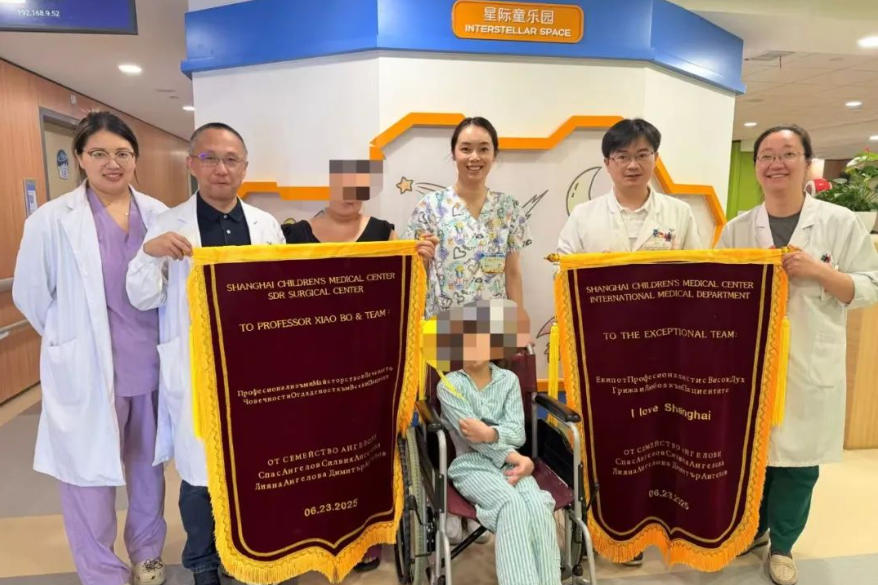
Shanghai Medical Pilot Realizes “Walking Dream” for Bulgarian Girl with Cerebral Palsy
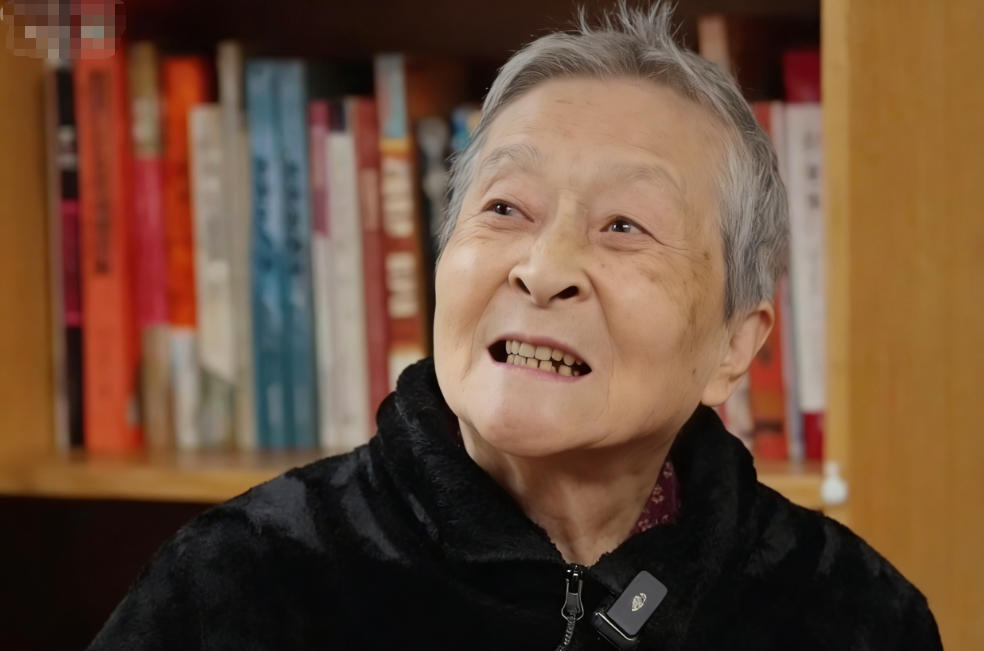
A Shanghai Doctor Uses Ultrasound to “Wake Up” Mother's Alzheimer's

Shanghai Medical Trio Stages High-Altitude Rescue on Flight from Xinjiang
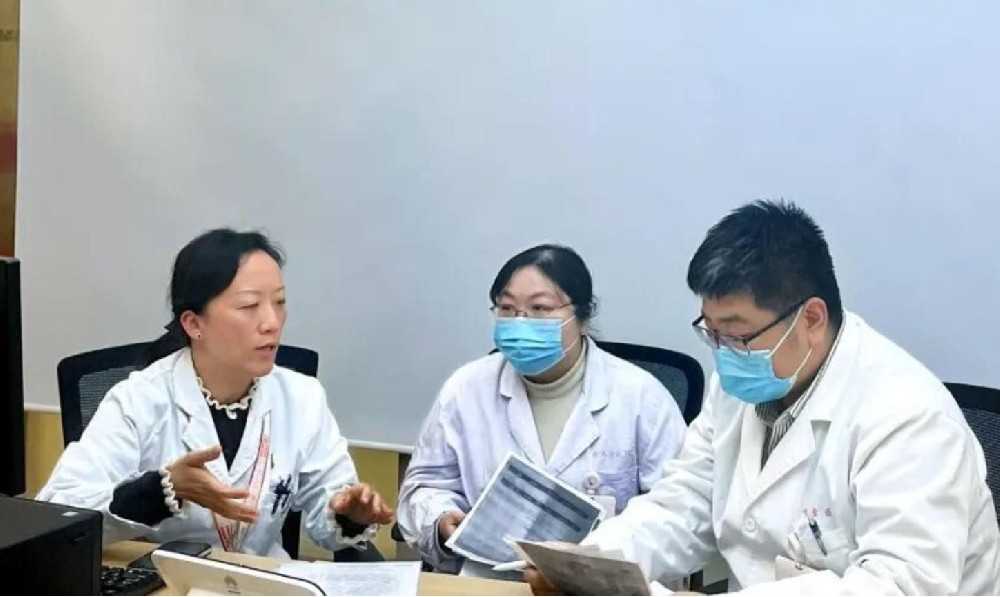
Shanghai Children’s Hospital Uses Remote MDT to Diagnose Rare CIPA
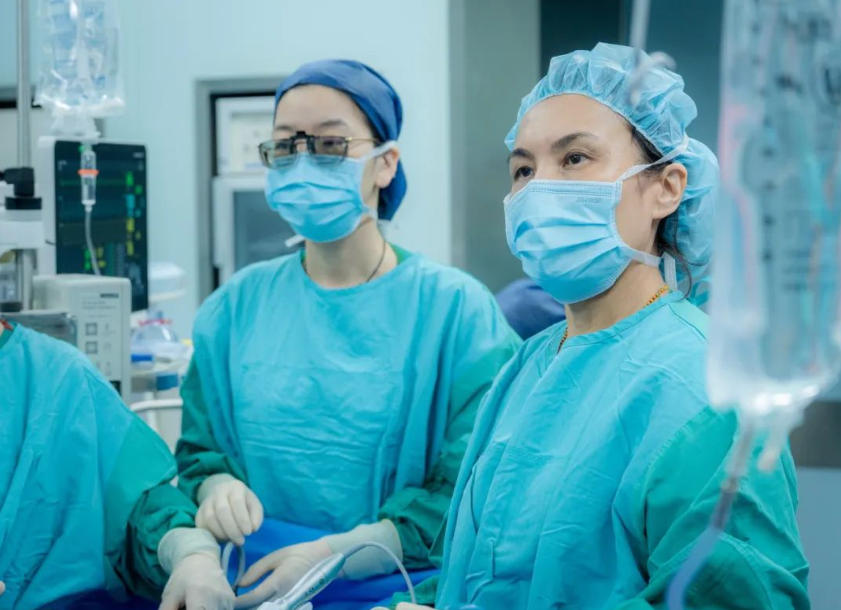
A Seven-Year Lifeline: The Warm Sun of Ovarian Cancer Care
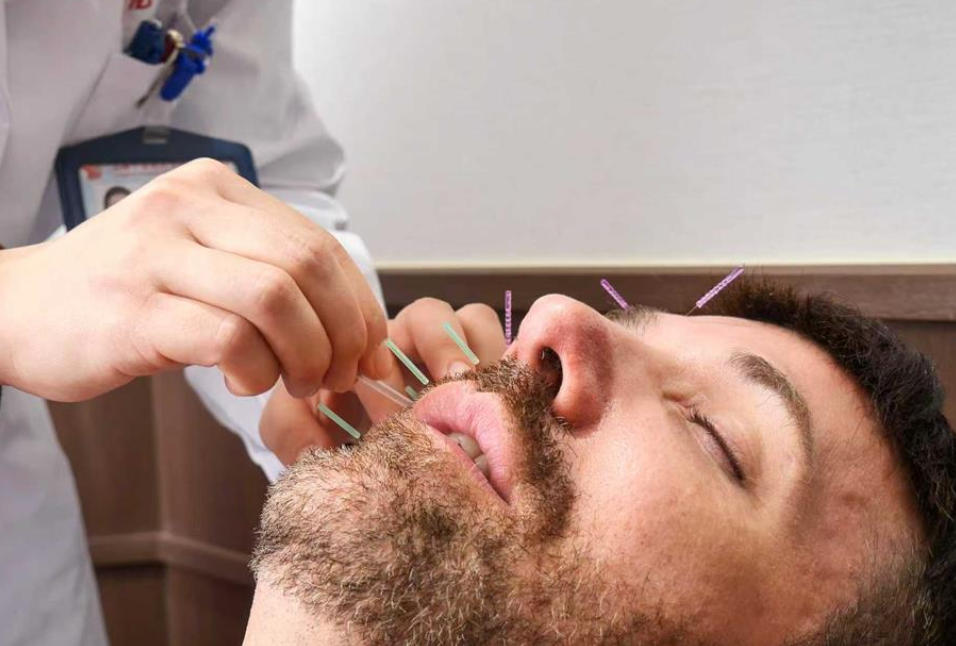
Cosmetic Acupuncture | TCM’s Aesthetic Evolution

Young Girl With Congenital Biliary Atresia Treated in Shanghai

Shanghai Ninth Hospital Saved a Man with Advanced Tongue Cancer

Foreign Tourists Experience TCM in Shanghai

International Medicine at Shanghai Children's Medical Center in 2025